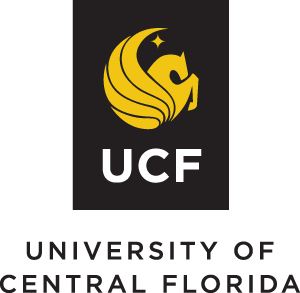Improving student outcomes and success at the University of Central Florida through supplemental instruction


Challenge
How might we provide supplemental instruction from peers to foster academic success for first-time-in-college (FTIC) students?
Strategy
Two-pronged effort:
- Introduced supplemental instruction (SI)—course-specific, voluntary, peer-facilitated, in-person sessions three times per week in 55-60 high risk STEM courses (those with 30% or higher DFW rates)—to foster student academic success in STEM courses
- Complemented SI with tutoring from trained and certified peers, also managed by the Student Academic Resource Center (SARC)
Outcome
FTIC students who received supplemental instruction (SI) achieved better outcomes, with student success often boosted by pairing it with peer tutoring. In the 2014-2015 academic year, approximately 12,000 students (including around 2,000 first-years) participated in 4,546 SI sessions at a total cost to UCF of $135,000 for the academic year. The university’s 35 peer tutors supported 31 subjects per semester in STEM courses and served 25,119 students, 10% of which were first-year FTIC and 47% of which were minority students. Some highlights include:
- FTIC students who participated in three or more SI sessions were retained at 10% higher rates
- FTICs who attend SI showed an average 0.4 improvement in GPA
- Students who received SI achieved higher ABC (80% for those who attended SI vs. 29% for those who did not) and lower DFW rates (20% for those who attended SI versus 71% for those who did not)
- FTIC students who participated in peer tutoring during AY 2014-15 were more likely to persist (92% vs. 80% persistence rate for non-participants) in Fall 2015
- Higher persistence rates were also shown to be correlated with the number of hours of engagement in tutoring (89.0% for those receiving 1-3 hours of tutoring, 90.1% for 4-5 hours, and 92.8% for 6+ hours)
Ready to take action?
Brainstorming prompts for you and your team to consider
Learn more about developmental education from our research
Institution

Enrollment
71,948
Pell Recipients
31%
Students of Color
54%
Net cost of Attendance
$22,849 (in-state)
